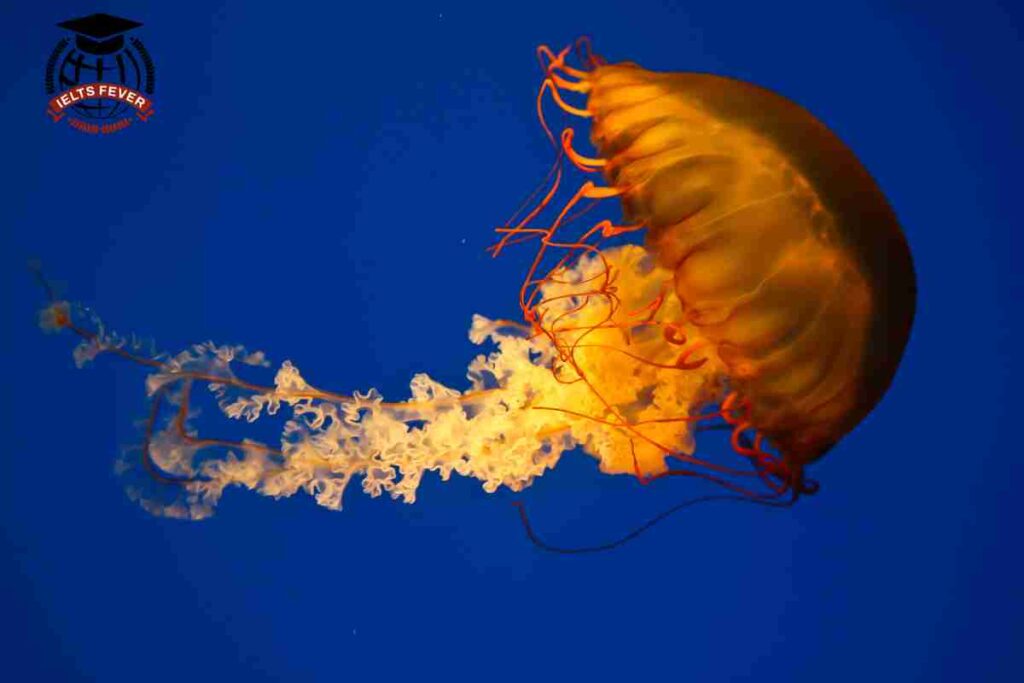Describe your favorite wild animal
You should say
- What animal?
- Where did you first see it?
- What did you know about it?
Sample Answer of Describe Your Favorite Wild Animal
My favorite wild animal is the jellyfish. I first encountered this fascinating creature during a visit to Goa, a coastal paradise on the western shores of India. As I strolled along the serene beaches, I noticed these enchanting, translucent blobs gently drifting in the crystal-clear waters of the Arabian Sea.
Before I visited Goa, my knowledge of jellyfish was limited. I knew they were ocean-dwelling animals characterized by their gelatinous bodies and tentacles armed with stinging cells. However, witnessing them in their natural habitat allowed me to appreciate their delicate beauty and understand their role in marine ecosystems.
Jellyfish play a vital role in marine food webs, serving as both predator and prey. Their graceful, undulating movements were mesmerizing to watch, and I marveled at how they used their stinging tentacles to capture prey and defend themselves. I also learned about the importance of jellyfish in marine balance, as their populations can sometimes explode due to environmental changes, impacting the marine ecosystem.
In India, jellyfish sightings are relatively common along the country’s vast coastline, making them a unique and captivating part of its rich biodiversity. My encounter with these gelatinous wonders left me with a deep appreciation for the diverse marine life that India has to offer.
Follow-ups of Describe your favorite wild animal
Question 1 Do you think that wild animals are harmful to us in general?
Answer – Wild animals are not inherently harmful to us in general. They are an essential part of our planet’s ecosystems and play various roles in maintaining ecological balance. However, human-wildlife conflicts can occur when we encroach upon their habitats or provoke them, leading to potential dangers. Therefore, it is essential to coexist with wild animals through responsible conservation efforts and education, ensuring that both humans and wildlife can thrive harmoniously in their natural environments.
Question 2 What is the attitude of people in your country toward wild animals?
Answer – The attitude of people in my country towards wild animals varies. In general, there is a mix of reverence and concern for wildlife. Many appreciate the natural beauty and importance of wild animals, supporting conservation efforts. However, challenges like habitat destruction and poaching are also prevalent. Some people see wild animals as a threat to agriculture or human safety, leading to conflicts. Overall, there’s a growing awareness of the need to strike a balance between human activities and wildlife conservation in my country.
Question 3 Do you like wild animals? Why?/Why not?
Answer – Yes, I like wild animals. They embody the extraordinary diversity of life on Earth and offer insights into the natural world’s wonders. Wild animals play vital roles in ecosystems, contributing to environmental balance. Additionally, observing them in their natural habitats provides a sense of awe and a connection to nature. Their existence enriches our planet, and appreciating their beauty and importance is essential for promoting conservation and preserving the delicate balance of our ecosystems.
Pages Content

